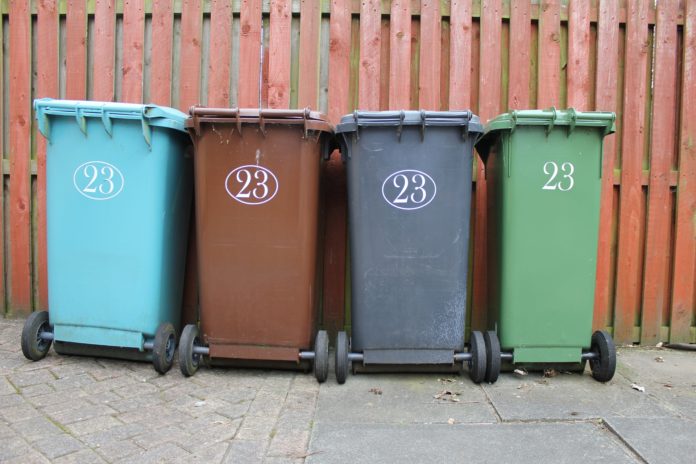MINNEAPOLIS – Hennepin County Commissioners are now considering a measure which would force all but the smallest cities in the county to start curbside pickup of food scraps and other organic material.
The proposal would require cities to implement the pick up by 2022, reports the Star Tribune. Supposedly this would dramatically reduce the amount of food waste that is sent to either incinerators, or dumped into landfills. Instead, organics recycling programs take usable waste, and compost it into nutrient rich soil.
While materials eligible for organic recycling comprised a large portion of Hennepin County’s trash last year, only about three percent of it was properly composted, reports the Star Tribune. The new mandate would affect any city in the county with 10,000 or more residents. This covers roughly 91 percent of the county’s population, while currently only 11 percent of Hennepin County households subscribe to an organics collection program.
The state has also encouraged counties to engage in curbside pickup by 2025 in order to reduce food waste and meet guidelines set out by the Environmental Protection Agency and U.S. Department of Agriculture.
“Food loss and waste in the United States accounts for approximately 31%—or 133 billion pounds—of the overall food supply available to retailers and consumers and has far-reaching impacts on food security, resource conservation, and climate change,” reads the state’s most recent waste management plan.
The state says that drop off sites for organic material would be a good starting place. However, the report believes that consumers will not find this option to be convenient enough, and therefore the state would not reach it’s goal of a 75 percent recycling rate for organic materials.
The state recommends charging all residents of a city a fee for the organics recycling program, regardless of whether a household subscribes to the program.
“In Minneapolis, where all households pay a fee for organics collection, more than 40% of households have already signed up to participate in the organics program,” states the report. “By contrast, communities that require participating households to subscribe and pay an additional fee have fewer participants.”











